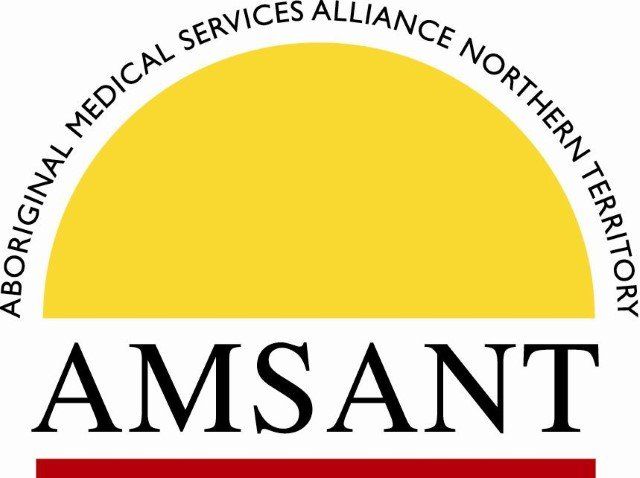When you or someone you care about is going through a hard time or experiencing changes to their mental health, finding the right support and information can be an overwhelming experience. We hope the topics below will help you find a starting point that works for you.
What is mental health?
Our mental health connects with how we feel, think, behave, and relate to others. You might also hear this be referred to as social and emotional wellbeing.
Over our lifetime, our mental health can change as we experience different events or situations. It could be a change in a relationship, employment, or living situation, or something deeper like a spiritual or cultural connection that causes you to feel differently.
You can learn more about mental health and wellbeing at Beyond Blue.
Young people can also check out headspace to learn more.
Take a look at the video below to see what Social and Emotional Wellbeing looks like in the Laynhapuy Homelands.
What services can I access in the NT?
Click here for information on who can help you in your region.
Most services operate to a distinct eligibility criterion. To prevent people from repeating their stories, it may be useful to ask:
- what the service eligibility criteria is.
- if you need to make a co payment.
- if there is a limit to the amount of time or number of times you can access the service.
- what other services you can access to support your needs and then ask the service to make a referral if required.
Who should I speak to first and what can I expect?
If you're worried about your mental health or the health of someone you care about, a good place to start is your local General Practitioner (GP), also known as a doctor. GPs can refer you to other specialists, health professionals and support groups. GPs can also rule out any physical health problems that may be contributing to the way you are feeling and prescribe medication if it's appropriate. Your GP may even begin a
mental health care plan with you.
A mental health care plan can be useful for people with minor or serious mental health conditions, as well as short-term concerns or long-term illnesses. You don’t have to be diagnosed with a mental health condition to talk to your doctor about making a mental health care plan.
For more information on how to obtain a mental health care plan, you can visit healthdirect here.
SANE Forums also have some resources on how to talk to your GP about mental health, which you can read here.
What rights do I have?
It’s important to know your rights when you access mental health or suicide prevention support. You are entitled to ask your doctor about your medical records or medications, you can also have a say in who can and can’t visit you if you’re in hospital.
Learn more about your rights when accessing mental health care in the NT here.
Find a lived-experience network
People with lived experiences around mental health or suicide, including family members and carers, can offer unique insights to how services respond to mental health needs and promote recovery. In the NT, people with lived experience are co-designing services and informing policy to ensure that people who are experiencing changes to their mental health are receiving the right help they need.
Darwin and Top End Region
Katherine Region
East Arnhem Region
Central Australia / Alice Springs Region and Ngaanyatjarra/ Anangu Pitjantjatjara Yankunytjatjara (APY) lands
What training is available in mental health and suicide prevention?
There are a range of training programs, both face-to-face and online, that can assist you to better understand and care for people who experience mental illness. There is also training available that help provide suicide intervention and awareness skills.
If you are interested in participating in mental health and suicide prevention training, contact the servcies below to find out more about future training opportunities.





